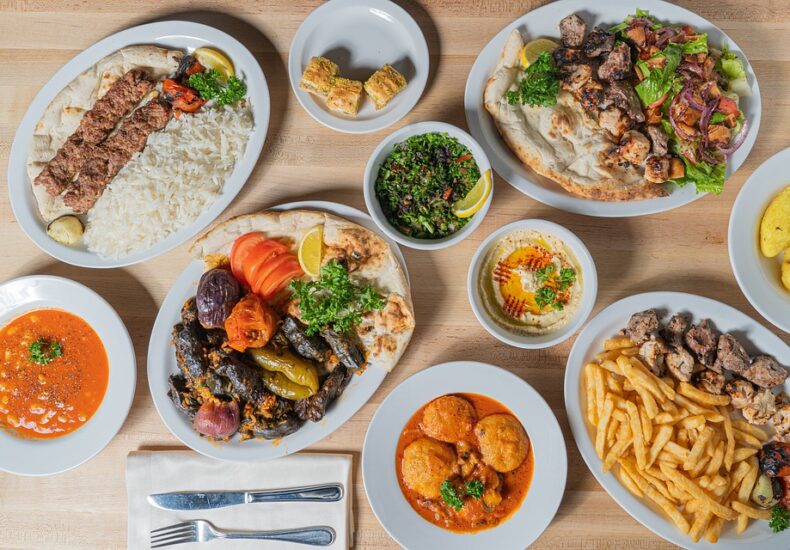
Exploring the Cultural Identity of the Kurdish Diaspora
Exploring the Cultural Identity of the Kurdish Diaspora
The Kurdish people have a rich and diverse cultural heritage that stretches back thousands of years. As a diaspora scattered across the globe, Kurdish communities have had to navigate the complexities of cultural identity in new and often challenging environments. From Turkey to Germany to the United States, Kurds have established vibrant communities that continue to uphold their traditions and values while adapting to the realities of life in their adopted countries.
Cultural History of the Kurdish People
The Kurds are an ethnic group indigenous to the Middle East, with a population concentrated in the mountainous regions of Turkey, Iran, Iraq, and Syria. They speak the Kurdish language, which is part of the Iranian branch of the Indo-European language family. Kurds have a long history of resistance to various political and cultural pressures, and have maintained a strong sense of identity and pride in their unique heritage.
Kurdish culture is characterized by its rich oral tradition, including epic poetry, storytelling, music, and dance. The Kurds also have a strong sense of community and hospitality, with communal gatherings and celebrations playing a central role in their social life. Traditional Kurdish cuisine, featuring dishes such as kebabs, rice, and stews, is a source of pride and identity for Kurds around the world.
Challenges Faced by the Kurdish Diaspora
The Kurdish diaspora has faced numerous challenges in maintaining their cultural identity while living in countries far from their ancestral homeland. Discrimination, political persecution, and economic hardship can all contribute to the marginalization of Kurdish communities and the erosion of their cultural heritage. Additionally, the process of acculturation and assimilation can pose a threat to the preservation of Kurdish traditions and values.
One major challenge faced by the Kurdish diaspora is the lack of recognition of Kurdish identity in many countries where they reside. For example, in Turkey, the Kurdish language and cultural practices have long been suppressed by the government, leading to the marginalization of Kurdish communities and the erasure of their heritage. Similarly, in Iraq and Syria, Kurds have faced discrimination and violence at the hands of the ruling regimes, further complicating their efforts to maintain their cultural identity.
Preserving Kurdish Culture in the Diaspora
Despite these challenges, Kurdish communities in the diaspora have shown resilience and determination in preserving their cultural identity and heritage. Through community organizations, cultural events, and grassroots activism, Kurds around the world have worked to promote Kurdish language, music, dance, and cuisine, ensuring that their traditions are passed down to future generations.
One key aspect of preserving Kurdish culture in the diaspora is education. Many Kurdish communities have established schools and cultural centers where they can teach their language, history, and traditions to young people. These institutions play a crucial role in instilling a sense of pride and belonging in Kurdish children, helping them to connect with their roots and heritage.
Music and dance also play a central role in Kurdish cultural preservation. Traditional Kurdish music, with its haunting melodies and poetic lyrics, serves as a powerful expression of Kurdish identity and resistance. Kurdish dance, such as the halparke and the dabke, are integral parts of Kurdish social gatherings and celebrations, helping to forge a sense of community and solidarity among Kurds in the diaspora.
Conclusion
The Kurdish diaspora faces numerous challenges in maintaining their cultural identity and heritage in new and often hostile environments. However, through education, community activism, and cultural expression, Kurdish communities around the world have shown their resilience and determination to preserve their unique heritage. By upholding their traditions and values, Kurds in the diaspora are ensuring that their cultural identity continues to thrive and evolve in the face of adversity.
Leave a Reply